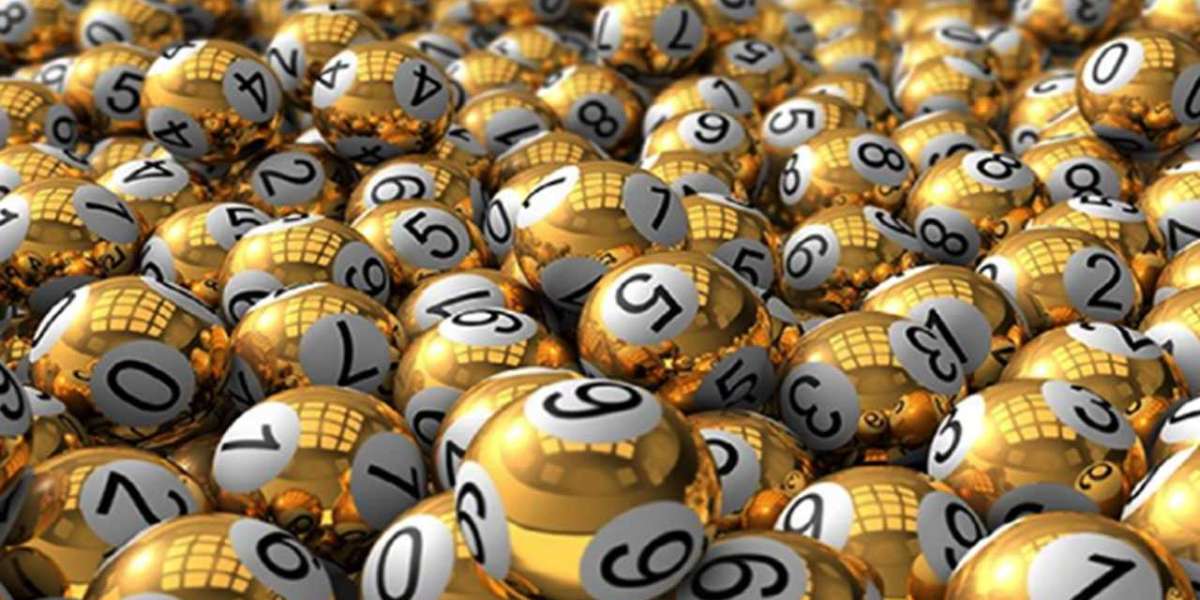The lottery, a game of chance that has captured the imaginations and hopes of millions worldwide, is as much about dreaming big as it is about luck. It promises the tantalizing prospect of overnight wealth, a possibility that for many is too alluring to resist. But what exactly is the Spell lottery , how does it work, and why has it become such a popular activity across different cultures and societies?
1. The Origins and History of the Lottery
The concept of the lottery is centuries old, with its earliest records dating back to ancient China. In fact, some believe that lotteries helped fund critical projects such as the Great Wall of China. Lotteries became popular in Europe in the 15th and 16th centuries, initially serving as a fundraising mechanism for governments and charitable institutions. These early lotteries were different from the modern ones, as winners often received prizes in the form of goods or valuable items rather than cash.
The first significant lottery in the United States was in the colonial period, where proceeds went to support infrastructure such as roads, libraries, and universities. Today, the lottery has evolved into a multibillion-dollar industry with government-run lotteries in many countries. It has become deeply ingrained in cultures worldwide, offering the possibility of winning life-changing sums of money.
2. How the Lottery Works
Most modern lotteries operate on a similar model. Players purchase a ticket containing a unique combination of numbers or symbols, which are drawn at random. If the numbers on a player’s ticket match the numbers drawn by the lottery, they win a prize, which can vary significantly depending on the rules and the jackpot size. Many lotteries today are government-operated to ensure fairness and transparency.
There are various types of lotteries, including:
- Draw Games: Popular ones like Powerball and Mega Millions involve drawing numbers from a set range.
- Scratch-Off Games: These involve purchasing a ticket that can be scratched off to reveal symbols or numbers that indicate if the player has won a prize.
- Daily Lotteries: These are smaller lotteries that happen every day, giving players more frequent opportunities to win.
3. Why People Play the Lottery
At its core, the appeal of the lottery is based on the hope of winning a significant prize. It is a form of escapism for some, while others view it as a minor indulgence for the chance of life-altering wealth. Studies suggest that the following factors drive people to play the lottery:
- The Thrill of Anticipation: The lottery provides a sense of excitement and anticipation that other forms of entertainment don’t. The possibility, however small, of winning keeps people coming back.
- Hope for Financial Freedom: For many, the lottery is one of the few opportunities to achieve financial freedom. A large win could mean the chance to quit a job, pay off debts, or live a lifestyle previously out of reach.
- Social Impact: Some people play because they know a portion of their ticket purchase goes to charitable causes or community projects. Government-run lotteries often allocate a portion of revenue to public programs, such as education, infrastructure, and health services.
- The Low Entry Cost: Tickets are often inexpensive, making it accessible to nearly anyone. With such a small financial commitment, many players see the lottery as a low-risk way to take a chance on luck.
4. The Odds of Winning
While the lottery is alluring, the reality is that the odds of winning a major jackpot are incredibly low. For instance, the odds of winning the Powerball jackpot are approximately 1 in 292 million. Scratch-off games may offer slightly better odds, but they are still statistically challenging to win consistently.
Despite these odds, millions continue to play, comforted by the fact that someone has to win – why not them? The allure of astronomical jackpots makes it easy for many to overlook the slim chances of winning.
5. Responsible Gambling and Potential Risks
While the lottery can be a fun and exciting game, it is essential to play responsibly. For some, the excitement can turn into a compulsion, leading to gambling addiction. To combat this, many governments have implemented programs to promote responsible gambling, such as setting limits on how much one can spend on lottery tickets.
Players should remember that the lottery is a game of chance, not a reliable way to make money. It's wise to set a budget for lottery spending and stick to it, viewing it as a form of entertainment rather than an investment.
6. Stories of Lottery Winners
Lottery winners often find themselves in the spotlight, with their stories capturing public attention. From humble beginnings to newfound riches, these stories inspire, but they also come with cautionary tales. Some winners have gone on to live happy lives, wisely managing their winnings. Others have struggled with the sudden wealth, facing issues such as family disputes, exploitation, and poor financial decisions.
One famous example is Jack Whittaker, who won a record-breaking $314.9 million Powerball jackpot in 2002. Unfortunately, his story serves as a cautionary tale about the risks of sudden wealth. Whittaker faced legal issues, family troubles, and eventually lost a significant portion of his winnings.
7. The Lottery’s Impact on Society
While the lottery provides a source of entertainment and a fundraising mechanism for public programs, it also has a complex impact on society. Critics argue that lotteries often disproportionately attract players from lower-income brackets, leading to concerns about financial exploitation. On the other hand, proponents argue that lotteries are voluntary and can be a harmless form of entertainment for those who play responsibly.
In addition to providing entertainment, lotteries can serve as a valuable revenue stream for governments. Funds from lotteries often go towards public education, health services, and social programs, allowing communities to benefit even when individual players may not win.
8. Conclusion: To Play or Not to Play?
The lottery remains a fascinating social phenomenon, a game of chance that promises big dreams for those willing to buy a ticket. It’s a complex industry that raises questions about probability, luck, and human psychology. For those who choose to play, it’s essential to remember the long odds and to play responsibly, viewing it as entertainment rather than a financial strategy.
The allure of the lottery lies in its simplicity – anyone can buy a ticket, and anyone can win. This accessibility, combined with the thrill of potential life-changing wealth, will likely keep the lottery popular for generations to come. Whether you play for the thrill, the hope, or the fun, the lottery has become a unique part of our culture, symbolizing both the dreams and the risks of chasing luck.








